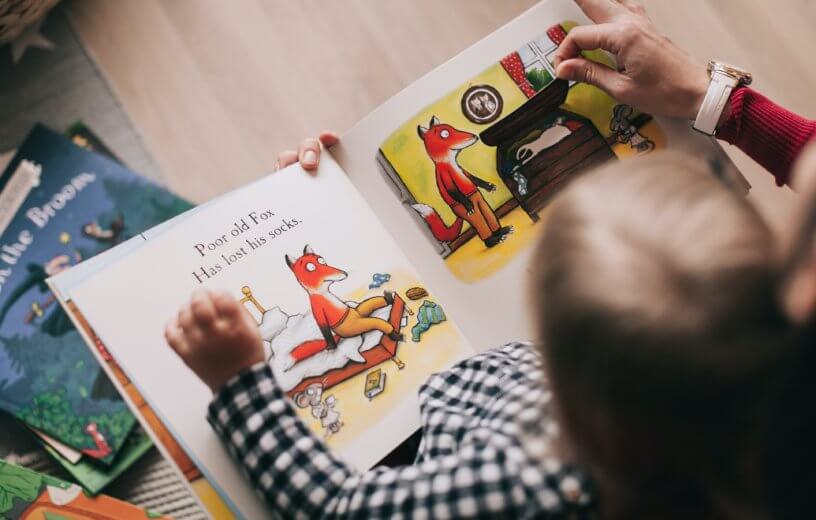NASHVILLE, Tenn. — The world is a new and exciting place as a child, and while much of that luster seems to have worn off by the time we grow up, children are naturally filled with curiosity and a hunger to understand how things work. This fact alone, of course, isn’t exactly a new finding. As it turns out, however, a recent study finds that this thirst for causal knowledge even applies to kids’ entertainment preferences.
Researchers from Vanderbilt University concludes that children prefer storybooks containing information explaining how and why the world works the way it does. The authors believe their work will help parents and teachers alike pick out reading material that children will be more willing to embrace.
From the notoriously hard-to-answer question of, “Where do babies come from?” to more innocuous inquiries like asking how electricity or WiFi work, most children aren’t shy at all about bombarding mom, dad, and anyone else who will listen with questions. Surprisingly, according to the study’s authors, no one had previously considered how this tendency can be applied to youth learning and reading.
“There has been a lot of research on children’s interest in causality, but these studies almost always take place in a research lab using highly contrived procedures and activities,” explains study author Margaret Shavlik of Vanderbilt University in Tennessee, in a release. “We wanted to explore how this early interest in causal information might affect everyday activities with young children – such as joint book reading.”
Now, perhaps more than ever, it’s important for children to start reading from a young age. Beginning to read from a young age improves early literacy and language skills and often gives kids a jumpstart on their education. Of course, it isn’t always easy to get hyperactive young children to sit down with a parent or teacher to do some reading. This study suggests that selecting the right book can make all the difference.
So, the research team conducted an experiment involving 48 young children (3-4 years old) from Austin, Texas. An adult volunteer read each child two different stories and then asked which story they enjoyed more.
“We read children two books: one rich with causal information, in this case, about why animals behave and look the way they do, and another one that was minimally causal, instead just describing animals’ features and behaviors,” Shavlik explains.
Initially, the kids seemed to be equally interested in both books. But, when the children were specifically asked which book they preferred, most choose the book loaded with causal information.
“We believe this result may be due to children’s natural desire to learn about how the world works,” Shavlik adds.
“If children do indeed prefer storybooks with causal explanations, adults might seek out more causally rich books to read with children – which might in turn increase the child’s motivation to read together, making it easier to foster early literacy,” she concludes.
The study is published in Frontiers in Psychology.
